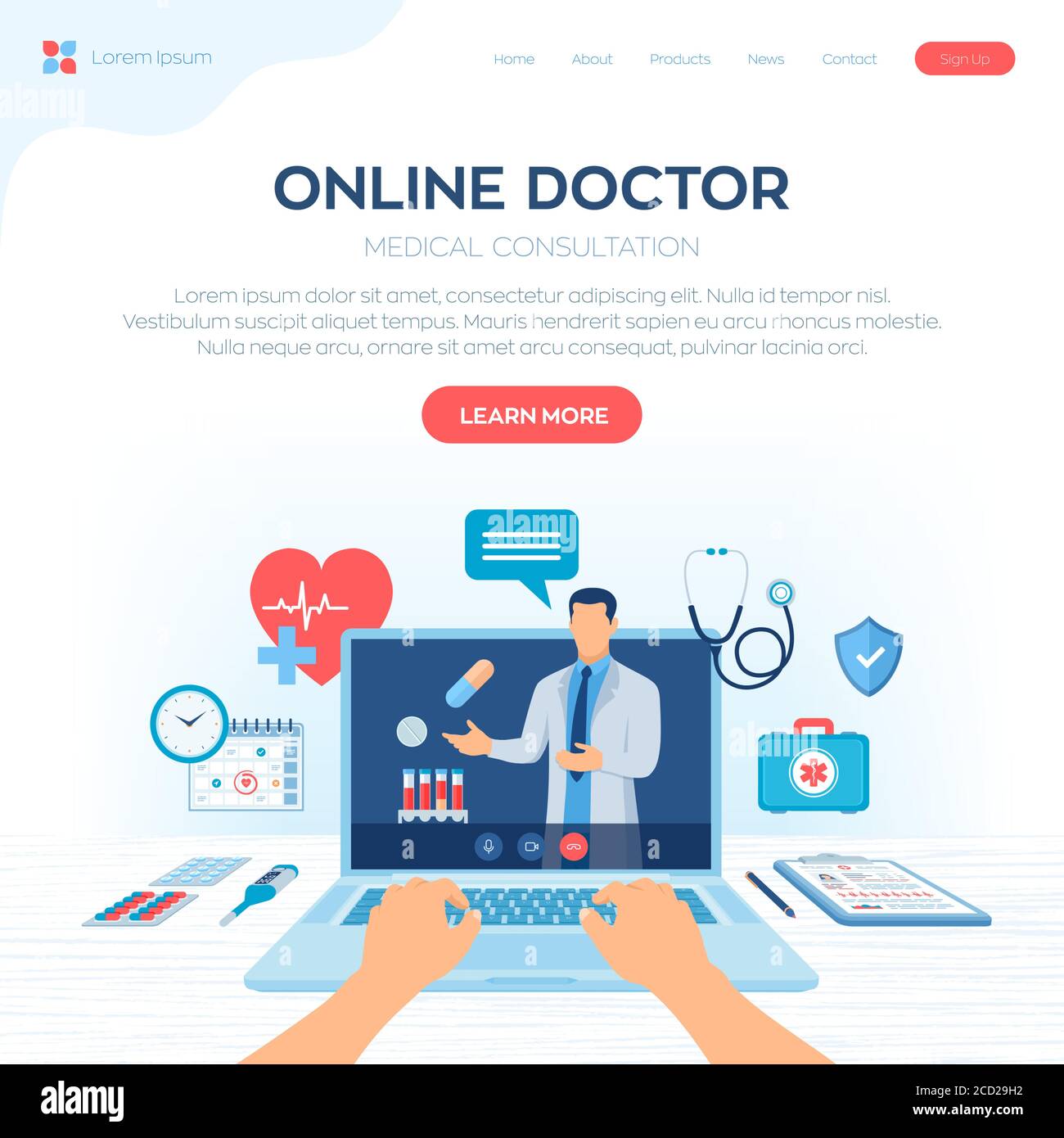Just How Subscription-Based Health Care Is Transforming the Clinical Sector

The Rise of Subscription Health Care
Recently, the healthcare market has actually witnessed a considerable change towards subscription-based designs, showing more comprehensive consumer patterns favoring convenience and predictability. This transformation is driven by the boosting demand for even more accessible and customized care services. Membership medical care, sometimes described as attendant medicine or direct medical care, offers patients a fixed regular monthly charge for a variety of medical services, substantially changing conventional fee-for-service versions.
The increase of membership health care is facilitated by developments in technology, which enable structured communication between suppliers and people - subscription based healthcare. Digital systems and telehealth solutions have become integral, offering people the capability to arrange appointments, access medical documents, and get assessments online. This technological assimilation not just enhances patient engagement but likewise enables companies to deliver much more efficient treatment
Furthermore, the membership version aligns with the developing expectations of individuals who look for more control over their healthcare expenses and experiences. While this version is acquiring traction, its expansion encounters difficulties such as regulatory hurdles and the necessity for wider acceptance within the conventional health care ecological community.
Advantages for Carriers and people
Subscription-based healthcare offers a wide range of advantages for both individuals and carriers, reshaping the dynamics of treatment. For people, this model provides enhanced accessibility to medical care solutions. With a predictable monthly fee, patients can delight in limitless assessments, decreased wait times, and individualized treatment. This plan frequently results in a much more proactive strategy to wellness management, enabling prompt treatments that can prevent chronic problems from intensifying. The economic openness of membership versions decreases the changability associated with standard fee-for-service payment, reducing the concern of unanticipated clinical expenditures.
For medical care suppliers, subscription-based versions cultivate an even more sustainable and satisfying technique. Management tasks are commonly streamlined, reducing overhanging costs and enabling providers to dedicate more time to patient interaction. In general, subscription-based medical care straightens the incentives of individuals and providers, advertising an extra patient-centered and effective health care delivery system.
Key Features of the Design
Regularly, the key attributes of the subscription-based medical care model highlight its distinctive strategy to supplying clinical solutions. Central to this design is the idea of foreseeable, regular monthly settlements, offering individuals a comprehensive variety of solutions without the changability of standard fee-for-service frameworks. This version typically consists of endless access to medical care solutions, preventive treatment, and regular check-ups, guaranteeing that individuals can engage with their doctor proactively as opposed to reactively.
Furthermore, straight communication channels, such as telemedicine and messaging platforms, are emphasized, allowing patients to receive timely guidance and examinations without needing in-person visits. This enhances accessibility and ease, particularly for individuals with movement restrictions or those residing in remote locations. The version additionally cultivates more powerful doctor-patient partnerships, as doctor are incentivized to concentrate on long-lasting wellness results instead of short-term brows through.
Furthermore, subscription-based healthcare frequently integrates technical advancements, such as digital health and wellness records and health monitoring apps, to provide personalized and reliable care. Clients take sites advantage of worked with and continual treatment management, which is customized to their certain health and wellness requirements. Ultimately, these functions jointly produce a patient-centered medical care experience, prioritizing accessibility, price openness, and precautionary care.

Factors To Consider and challenges
While the subscription-based healthcare model offers countless benefits, it is not without its challenges and factors to consider. One considerable difficulty is ensuring equitable gain access to. Membership models might accidentally favor those with greater socioeconomic condition, possibly expanding differences in healthcare accessibility for lower-income individuals that might fight with monthly costs. This increases ethical problems regarding inclusivity and equity in medical care shipment.
An additional obstacle lies in regulative conformity. Subscription-based health care should navigate a complex web of laws that differ by area, including concerns around client discretion, information protection, and state licensing demands. Guaranteeing conformity without hampering the model's flexibility and development can be daunting for suppliers.
Furthermore, there is the threat of overutilization or underutilization of solutions. Individuals paying a taken care of fee might overuse services, leading to raised operational prices, while others may underutilize as a result of be afraid of straining the system, possibly overlooking essential care.
Future Prospects and Innovations
The landscape of subscription-based healthcare is positioned for change through emerging advancements and progressing prospects. As technology remains to breakthrough, the assimilation of artificial intelligence and maker understanding presents considerable chances to enhance analysis accuracy and improve individual monitoring. Predictive analytics can change precautionary treatment by determining potential health and wellness risks before they materialize, thereby reducing both prices and the burden on healthcare systems.
Additionally, telemedicine is readied to increase within subscription designs, offering people enhanced accessibility to health care specialists no matter of geographical restraints. This not just helps with continuity of treatment but also encourages patients to engage more proactively in their health and wellness administration. Furthermore, blockchain innovation provides possible in securing patient data and making certain interoperability throughout platforms, fostering trust and openness.
The advancement of tailored useful content medicine is another frontier, with subscription designs giving a special framework for providing tailored health services. Genetic testing and personalized treatment plans can be seamlessly integrated, straightening individual requires with certain medical interventions. Partnerships in between technology my review here firms and medical care service providers are likely to generate ingenious remedies, boosting client experiences and results. As these leads materialize, subscription-based health care has the possible to redefine how treatment is supplied and accessed.
Final Thought
Subscription-based healthcare is transforming the clinical market by providing an extra easily accessible, predictable, and patient-centered technique to clinical services. Regardless of obstacles such as regulatory hurdles and prospective disparities in accessibility, the membership design holds pledge for a much more efficient and individualized healthcare experience.
Subscription medical care, sometimes referred to as concierge medication or straight primary care, provides patients a fixed month-to-month charge for an array of clinical services, dramatically altering typical fee-for-service versions.
Additionally, the subscription version aligns with the developing expectations of individuals who seek more control over their health care expenditures and experiences. For patients, this model offers boosted access to health care services. In general, subscription-based medical care aligns the rewards of suppliers and people, advertising a much more patient-centered and efficient medical care delivery system.
Moreover, telemedicine is set to broaden within membership models, offering people raised access to healthcare professionals no matter of geographical restraints. - subscription based healthcare